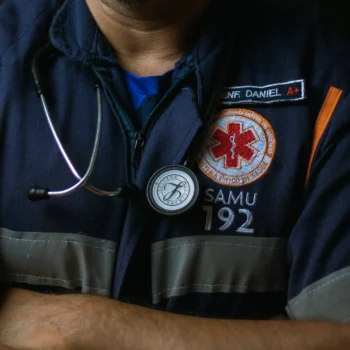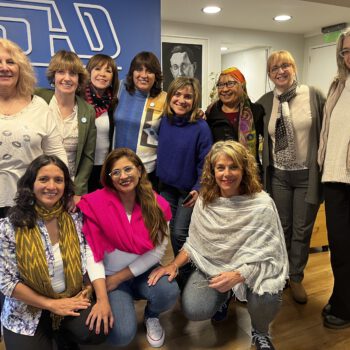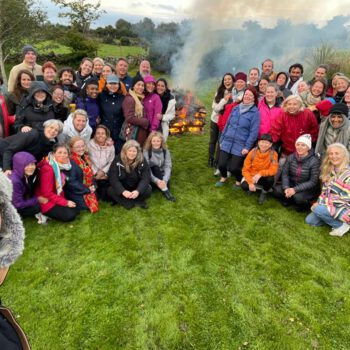“Being a parent of adult children is seeing a version of yourself that on some days makes you immensely proud that your genetics created such wonderful, conscious beings… On other days you fear for humanity.” – A.W. (London, England)
As I write this blog post, the youngest of my four children turns twelve, and the eldest is twenty-two years old. I have been parenting half my life and I would say my parenting role never ends, although my kids may say I never stop parenting (it’s all about perspective, right?). It’s safe to say though that I am always learning about myself and we are all getting to know each other as we move through life as a family unit.
In our focus group Parents of Grown-up Children, parents gather to share about past or current experiences with their older kids, some twenty, thirty, or forty years later. Now, if you are thinking to yourself, “I don’t have any children” or, “My children are not grown up yet”, please don’t stop reading. Knowing as we do how the past shows up in the present, this affects us all, with or without kids at home. Whether we got to know our parents or not, how we perceived them can shift over time. My almost seventy-year-old mother recently told me how grateful she is to still have her one hundred-year-old mum around, which is not something she might have said thirty years ago. Being a child or parent doesn’t end once a child is officially a ‘grown up’, it is an evolving process. As we know in CI, child parts can stick around as the unconscious drivers in our grown-up lives.
In Taiwan, where I grew up with my Korean mother and Swiss father, the virtue of filial piety was all-pervasive in my childhood. Family, school, society all emphasised the necessity of respecting, obeying and caring for one’s own parents, elders and ancestors, so that familial and societal harmony would ensue. The will to participate in this tradition, to honour and pay respects to parents, family and elders was the norm, and I wanted to show gratitude and follow the traditions and values of my culture. I always did as I was told because only ‘Western’ children dared to disobey their parents. As a child, I would never have dared question my parents as my kids so casually did growing up in Europe, with an individualistic Dutch father. Even nowadays, I still struggle sometimes with questioning my parents or disagreeing with them.
In theory, filial piety sounds admirable, and when it works, it is a precious and valuable experience in any given family and culture. However, when parents start saying children ‘should’ be grateful for being born, fed, housed, clothed and sent to school, “I gave you life, you owe me”, then things can start to turn sour. Something gets in the way of willingly (and naturally) giving or contributing to a relationship with parents. Counter-will shows up, which Gabor described as “… the automatic resistance to any sense of coercion or pressure, physical or emotional. It’s a perfectly normal dynamic.”
I wonder, where or when did your own counter-will start to show up for you as a child? Where does it still show up today as an adult and how is the dynamic with your own parents or with your (adult) child(ren) playing out? As CI therapists-in-training, it is important that we keep training our empathy muscles with our own child parts so we can be with our clients and their child parts.
In our focus group, the topic of parents pushing their will onto children, e.g. “You really should settle down and get married”, crops up often. Regardless of a child’s age, the desire of a parent is generally rooted in well-meant intentions e.g. “You’ve put on weight” or “Don’t study dance, it won’t pay the bills”. Gabor says, “People are going to resist even if you try to push them in the right direction.” and sometimes this can lead to animosity, or even rupture.
One of my pivotal CI moments was when Gabor said that it’s never too late to find a way to mend relationships with adult children. He underscored the importance of compassion, empathy and understanding in this process of facilitating healing and reconciliation in oneself and, by extension, with our loved ones. My parenting belief in 2020 was that I had messed up my eldest two children, that they needed to be ‘fixed’ and I was the reason they were making poor decisions in their lives. With humility, CI helped me see how by doing our own work on our own guilt and blame, we get to grow our compassion towards ourselves. This can change the whole dynamic of trauma in the family system. Guilt—often expressed by parents within our focus group—truly can be transformed.
When we address our own pain, we develop the capacity to hold our family pain and to mitigate what gets passed on through generations. Space opens up for forgiveness. Through regular practice in self-awareness and self-compassion over a seven-year period, I was able to reconcile with my mother after a decade of conflict. In addition, I learned how humour could bring levity and presence back into an intense moment, and my parenting also changed once I befriended my mind and was able to catch the stories that were being spun.
In my experience, relationships encompass rupture and repair. Gabor has repeatedly demonstrated and explained how the dynamics of any relationship are shaped by past experiences and the unmet needs that arose following childhood events. Even though it is challenging to do sometimes, I truly believe that when we work on our own woundedness and care for our well-being, we plant seeds of growth for future generations and model a healthy healing process.
The wonderful, conscious beings I mentioned in the beginning require dedicated effort on our part, to ensure their will is embraced, even decades into the future. May we see them for who they really are, not as projections of ourselves, but as separate people. May we also see our parents as separate people and as children of their own parents.




Comments are closed.